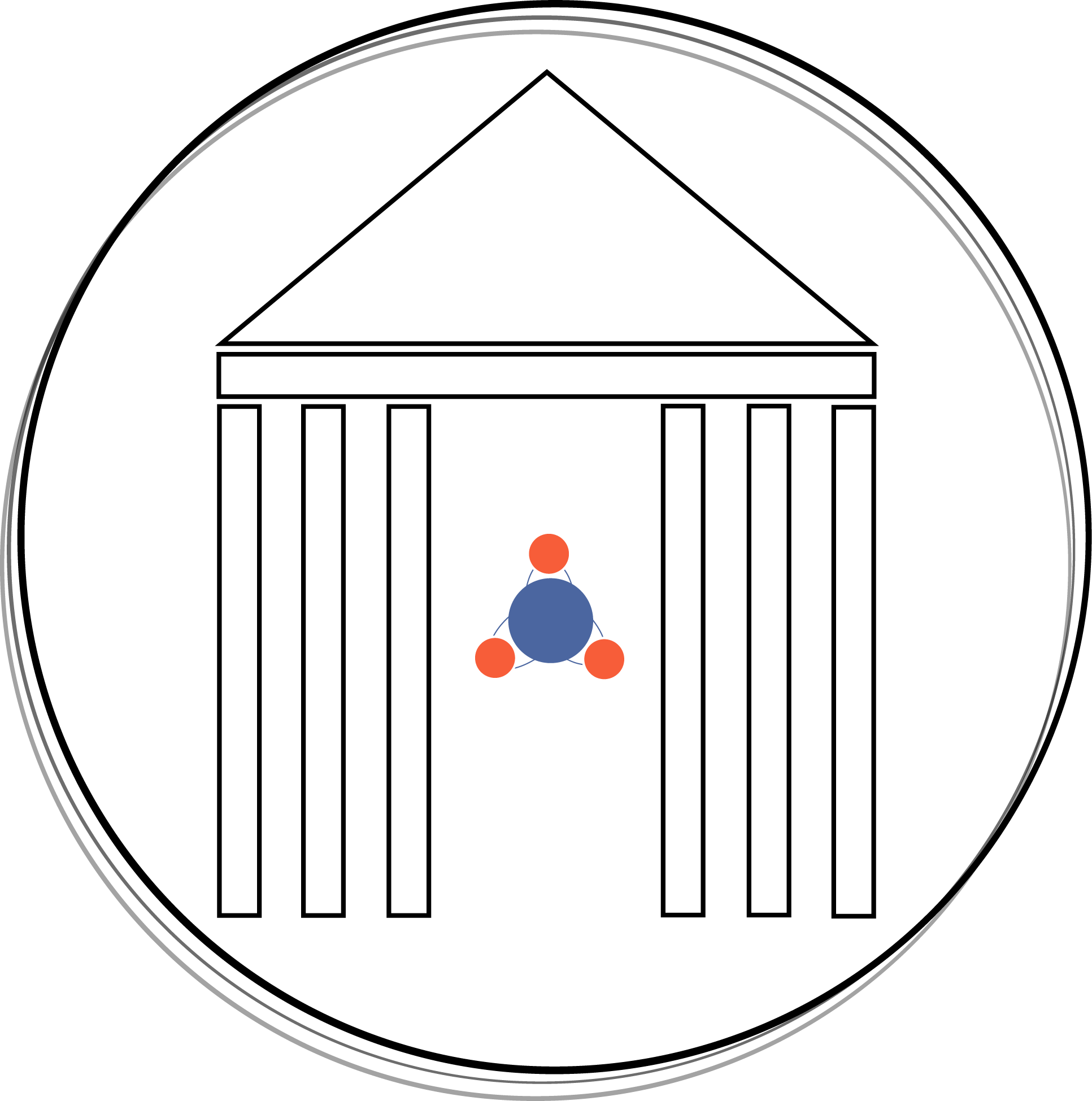1996-2007
The Einstein Institute for Science Health and the Courts (EINSHAC) provided training on the science, legal and ethical implications of the Human Genome Project to 4000 judges in the United States and 16 foreign nations with independent court systems. A single, bi-annually renewed contract with the U.S. Department of Energy’s Bureau of Biological and Environmental Research supported this effort. A supplemental, interagency agreement with the National Institute of Environmental Health Sciences (NIH) provided support for extended immersion workshops that followed the science internationally and permitted plant, animal and environmental biotechnology instruction beyond the Human Genome Project. Total funding was estimated at $2.8 million.
2006-2013
The change of EINSHAC’s name to ASTAR (the Advanced Science and Technology Adjudication Resource) accompanied a change of mission during nearly a decade of grants from a cooperative agreement with the Bureau of Justice Assistance of the U. S. Department of Justice. Nearly 500 judges were certified as ASTAR science and technology resource judges following a 120-hour general curriculum in case-related scientific method, topics and issues. The program ended following the Federal budget sequester of 2011. The program was championed on a bi-partisan basis in the U. S. House of Representatives and the U. S. Senate. An official BJA letter congratulated ASTAR for meeting all grant objectives during the support period. Total funding was estimated at $2.0 million.
2014-2016
ASTAR became the National Courts and Sciences Institute (NCSI) as a means of turning to private as well as public support during an era of federal cutbacks, the resource judge training was maintained and strengthened. First, however, NCSI had to become a designated public charity. Upon application, the Washington, DC non-profit corporation received its 501(c)(3) determination letter. Initial program efforts emphasized three year plans and member supported programs. In 2015-2016, NCSI published the first volume - the Neurobiology of Violence - of an online journal. The first training program, in August 2016, was a preview of molecular trace analysis forensics at the National Institute of Standards and Technology, Boulder, Colorado. The second program – entitled a Working Conversation on Developmental Neurobiology, Risk Measures and Racism in the Working of the Courts – was completed at the Saint Louis University School of Law on November 10 & 11 2016. Based upon this topic’s favorable reception, the NCSI executive committee authorized resource-judge training concentrations in molecular and general forensics, case-related neurosciences and neuro-technologies, health care research outcomes, ecosystem and climate sciences, and genetic engineering.

